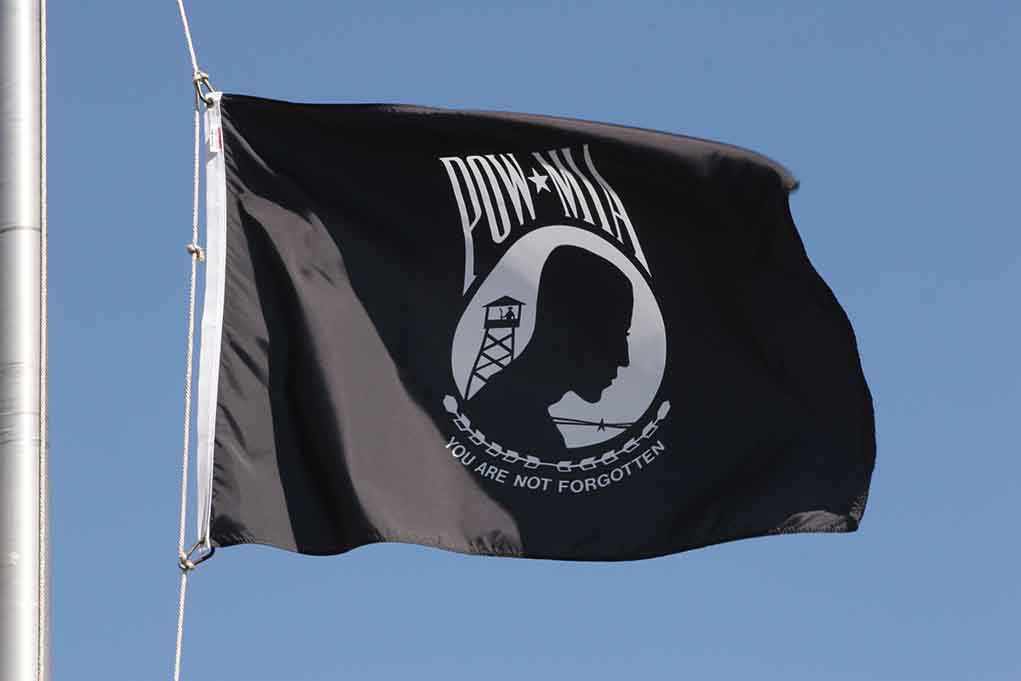
Humor has the power to transform chaos into a divine comedy, revealing hidden meanings and bringing resilience to life’s unexpected upheavals.
Story Snapshot
- Humor helps individuals navigate unexpected life changes and crises.
- Laughter reframes chaos, providing emotional relief and resilience.
- Humor acts as both a psychological tool and a social connector.
- Research supports humor’s role in stress reduction and emotional flexibility.
The Transformative Power of Humor
Humor is not just about a good laugh; it’s a powerful tool that can reshape how individuals and communities perceive and respond to sudden, disruptive changes. Whether it’s a personal upheaval like a job loss or a societal crisis such as a pandemic, humor allows people to find meaning in chaos, sometimes even discovering a sense of a ‘divine comedy’ in what initially seems overwhelming.
When faced with unexpected challenges, the initial response is often shock and anxiety. Yet, as individuals begin to share humor about their circumstances, a transition occurs. This shared laughter not only facilitates adaptation but also reframes the situation, providing much-needed emotional relief. The outcome? Improved coping, enhanced resilience, and a fresh perspective on the changes at hand.
Historical and Cultural Context
Across cultures and history, humor has served as a coping mechanism. Ancient philosophers like Epictetus and the Stoics championed the power of perspective in adversity, a concept that echoes in modern psychology today. The idea of a ‘divine comedy,’ rooted in Dante’s work, captures the search for meaning amid suffering. During significant societal stressors, such as pandemics or economic instability, humor’s role in fostering resilience has become increasingly evident.
Research conducted during the COVID-19 pandemic highlighted humor’s role in reducing stress and fostering resilience. Clinical studies also underscore humor’s benefits in contexts such as aging, illness, and trauma, showcasing its universal applicability. As digital media amplifies humorous content, collective coping becomes more visible and accessible, further strengthening community ties.
Humor: Adaptive and Maladaptive
Humor is a double-edged sword. Its adaptive side provides healing and connection, while its maladaptive form can lead to avoidance or denial. It’s crucial to understand the boundaries between using humor to navigate trauma versus using it to mask deeper issues. Mental health organizations advocate for humor as a resilience tool but caution against its misuse. Clinical experts emphasize laughter’s physiological benefits, such as lowering cortisol and boosting endorphins.
Therapists and humor therapy advocates like Dr. Lee Berk emphasize humor’s role in promoting emotional flexibility, especially among aging populations. However, experts also warn against ‘toxic positivity,’ where humor masks real emotional distress. The balance lies in using humor to enhance social connections and emotional well-being without ignoring underlying challenges.
Implications and Future Directions
The implications of humor as a coping mechanism are profound, with both short-term and long-term benefits. In the short term, humor offers immediate stress reduction and mood enhancement. Long-term effects include enhanced resilience and social bonding, potentially leading to better health outcomes. Humor therapy and wellness industries are poised for growth, drawing increased research funding and public interest.
Communities facing crises, healthcare workers, and first responders particularly benefit from ‘dark humor,’ which acts as a buffer against trauma. However, the economic, social, and political impacts of humor are equally significant. By reducing healthcare costs through improved mental health and strengthening community ties, humor has the potential to diffuse tensions while being mindful of trivializing serious issues.
Sources:
Portland State University Thesis




